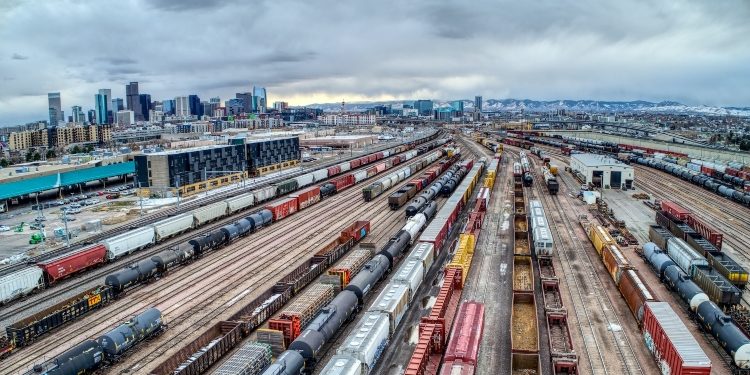The UK freight industry has endured several rocky years. Impacts of Brexit including increased red tape, tariffs, customs duties, export and import costs, and much-publicised queues at freight terminals have all had a strong negative effect. Despite this though, the UK’s freight industry grew faster than the wider transport and storage sector in 2022, reaching £33.1 billion in revenue.
With the future finally looking brighter for logistics, analysts must cast their eyes to the horizon to understand the future of the industry and chart its trajectory. In this article, we examine the future of logistics, including the government’s freight plan, how it’s being implemented, and the general outlook for the industry.
What is the government’s Future of Freight plan
Made in concert with the industry, the government’s long-term vision for freight is set out in its pioneering 2022 plan.
It sets out five priority areas: a National Freight Network (a cross-modal freight network bringing together road, rail, and aviation), transition to net zero, improved planning, investment in people and skills, and a focus on better usage of data and technology.
The plan was positively received by the industry, particularly since the plan emphasised a close dialogue between decisionmakers and industry throughout.
How is the plan being implemented?
There are a range of ways the government is working to implement the strategy.
First is collaboration – the plan is a joint vision and the government is working with industry across all areas of the plan.
Next, is a focus on reducing the supply chain disruptions that have wracked the industry over the past three years. This has led the government to tell companies to make changes to their supply chains to deal with pressures, especially as the increased usage of same-day couriers increases the expectations the public and business place on the industry.
Lastly, government funding is being put in place to reduce the cost involved with shipping, which has increased precipitously in recent years. This can be seen through the lens of inflation reduction: one of the five key priority areas on which the government is resting its 2024 electoral success.
What is the future outlook for freight?
The future of logistics in the UK is being revolutionized by a host of technologies. Automation, AI, blockchains, sustainability, e-commerce, and collaboration are all poised to drive step changes across all manner of areas:
- Automation and robotics – Streamlining operations and improving efficiency.
- Blockchain technology – Enhancing supply chain transparency, security, and traceability.
- Sustainable logistics – Reducing carbon emissions and adopting eco-friendly practices.
- The rise of e-commerce – Greater demand for faster delivery options and efficient last-mile delivery solutions.
- Collaboration and network optimization – Improved partnerships, a greater role for the sharing economy, and collaborative logistics platforms.
Do you work in logistics? What do you think the prospects are for the industry over the next decade?
David Prior
David Prior is the editor of Today News, responsible for the overall editorial strategy. He is an NCTJ-qualified journalist with over 20 years’ experience, and is also editor of the award-winning hyperlocal news title Altrincham Today. His LinkedIn profile is here.




![7 Best POS Software in the UK [2026 Edition]](https://todaynews.co.uk/wp-content/uploads/2026/02/7-Best-POS-Software-in-the-UK-2026-Edition-360x180.png)







































































